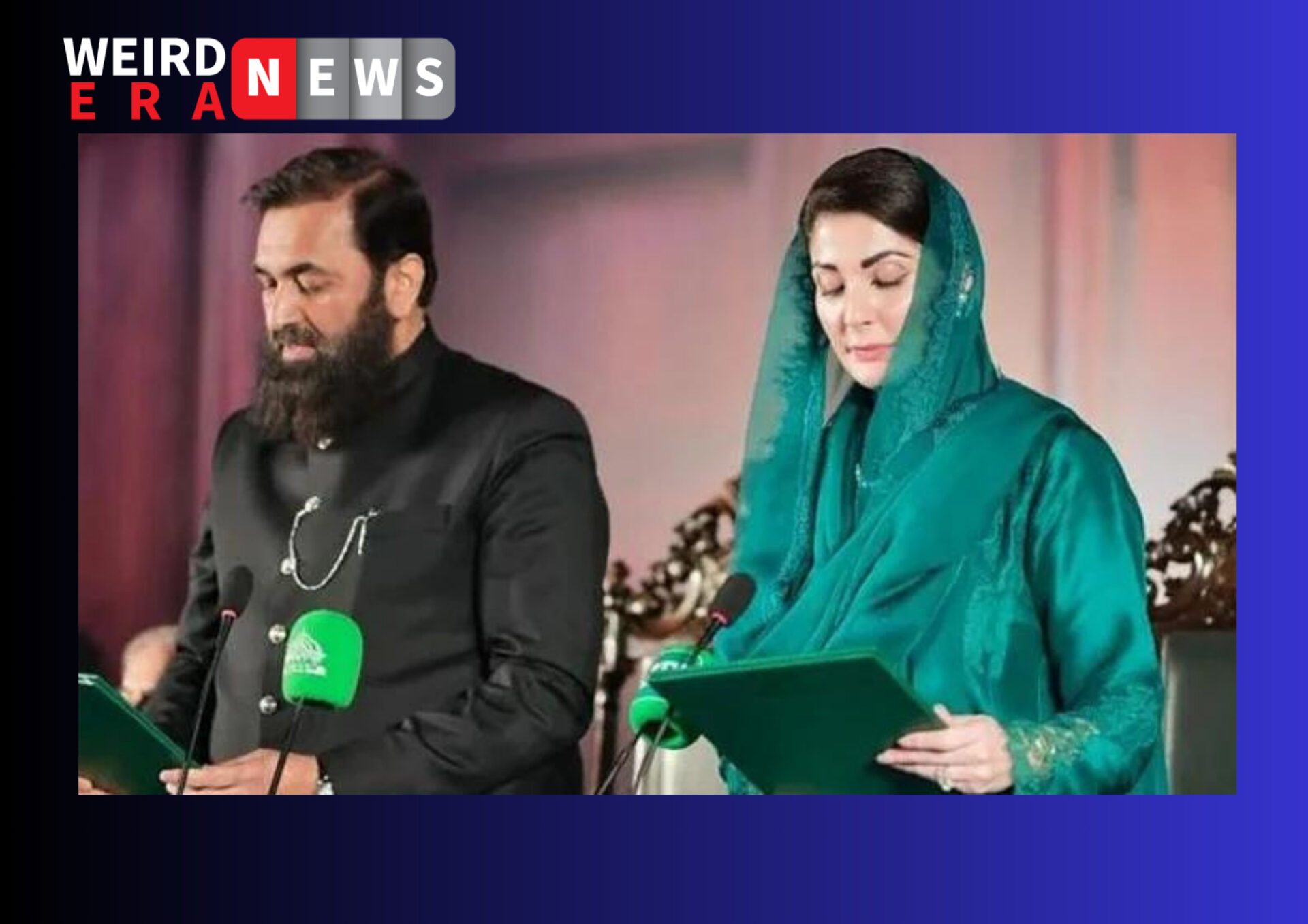With Maryam Nawaz securing her debut office and Murad Ali Shah being re-elected for a third term as chief minister of Punjab and Sindh respectively, the provincial political landscape has completed a full cycle. However, Maryam’s tenure begins under the shadow of alleged ballot irregularities, and the controversy surrounding post-election vote counting threatens to overshadow her administration.
Read More: Get Ready: Gemini Is About to Enter Your DMs
Additionally, the heavy-handed tactics of the local administration, which restricted access to many PTI-backed Independent MPAs-elect, and the Speaker’s interference in their participation on the legislative floor, have sparked chaos and led to a boycott by MPAs in Punjab, contrasting with the smoother proceedings in Sindh for Shah, where the opposition’s influence has waned.
Nevertheless, Maryam embarked on her tenure with a conciliatory tone, pledging not to engage in political vendettas and extending an olive branch to the opposition. Like her father, the former three-term prime minister, she sought to captivate her audience by promising innovative development initiatives for the province, particularly emphasizing women’s empowerment.
However, some of her promises, such as zero tolerance for police brutality and ensuring women’s safety, may prove challenging to fulfill.
As Punjab grapples with escalating revenge politics, Maryam faces the daunting task of delivering on her pledges and fostering unity to address longstanding grievances. The province’s struggling economy and fiscal deficits further compound the challenges ahead.
Meanwhile, in Sindh, mounting protests from the GDA, PTI, and Jamaat-e-Islami will test Shah’s leadership in a new context, shifting from political maneuvering to issue-based confrontations, unlike his previous tenures marked by political wrangling.

